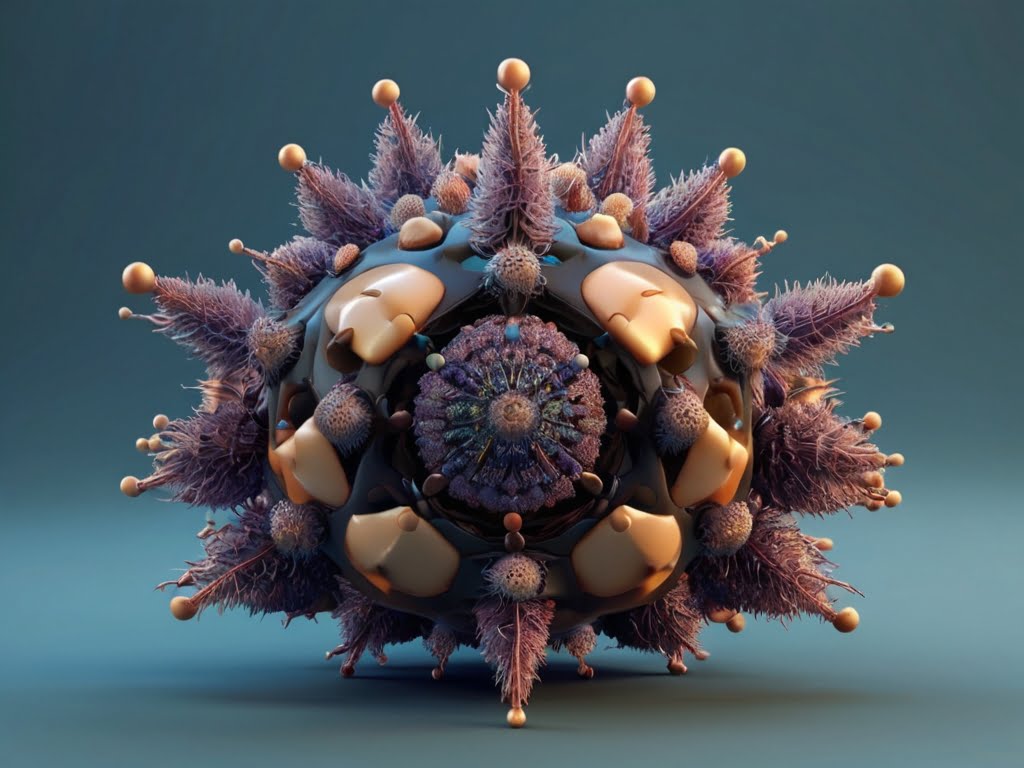
Meet JN.1, the Latest COVID Variant – Stay Informed, Stay Safe!
In the aftermath of the bustling 2023 holiday season, a new player, the JN.1 variant, has taken center stage in the ongoing battle against COVID-19. Currently responsible for a significant 62 percent of cases in the United States, this variant has swiftly risen to prominence since its detection in mid-November.
Understanding JN.1 Origins and Characteristics
Derived from the Omicron variant, JN.1 has its roots in the BA.2.86 strain, which gained attention during the summer for its numerous spike protein mutations. Dr. Thomas Russo, Chief of Infectious Diseases at the University at Buffalo, explains that JN.1 carries an additional mutation on top of its predecessor, contributing to its distinct identity.
Recognizing JN.1 Symptoms: What You Need to Know
As cases surge across the nation, infectious disease experts emphasize that JN.1 symptoms align with the consistent patterns seen in COVID-19 variants. The Centers for Disease Control and Prevention (CDC) identifies common symptoms associated with JN.1, including fever, cough, shortness of breath, fatigue, headache, and gastrointestinal issues. These symptoms mirror those of earlier variants, underlining the ongoing challenges faced by healthcare systems.
Vaccine Efficacy Against JN.1
Addressing concerns about the effectiveness of the fall 2023 updated vaccine against JN.1, Dr. Russo provides reassurance. The latest vaccine formulation demonstrates a notable increase in neutralizing antibodies specific to JN.1. While acknowledging the vaccine’s imperfections in preventing infection, Dr. Russo emphasizes its role in minimizing severe disease and hospitalization, highlighting the importance of updated formulations for protection.
Testing Positive for JN.1: What to Do Next
Testing positive for JN.1 might not be distinguishable from other variants, but the likelihood of having JN.1 is currently high. The CDC’s recommendations for isolation and mask-wearing persist, with an additional emphasis on contacting healthcare providers, especially for high-risk individuals. Antiviral medications like Paxlovid or molnupiravir may be prescribed to reduce the risk of severe complications, reinforcing the tailored approach to COVID-19 care.
Amid rising concerns, Dr. Amesh A. Adalja from the Johns Hopkins Center for Health Security offers a perspective on the evolving nature of respiratory viruses. Advising against panic, he notes the virus’s endemic status and its perpetual evolution. Acknowledging the enduring presence of the virus, he reassures the public that tools to cope with the virus are continually improving.
Testing and Vaccination: Essential Tools
Lastly, addressing the practical aspect of managing the JN.1 surge, Dr. Russo emphasizes the continued effectiveness of COVID-19 tests against the new variant. Recommending the procurement of home tests and emphasizing the ongoing availability of free tests from the federal government, he encourages proactive measures to navigate the evolving landscape.
As the JN.1 variant takes the spotlight, a comprehensive understanding of its origins, symptoms, and management strategies becomes crucial for individuals and healthcare professionals alike. The collective efforts to stay informed, vaccinated, and tested remain essential in the ongoing fight against the ever-evolving COVID-19 landscape.



